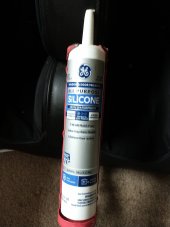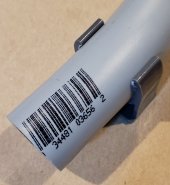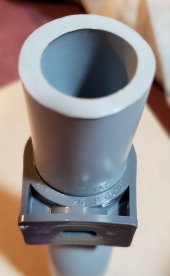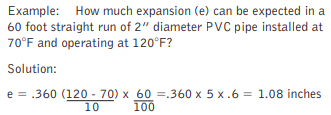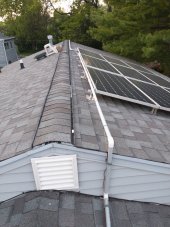
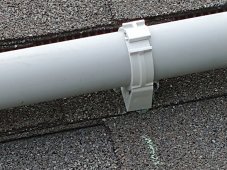
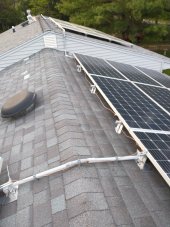
I used schedule 40 for my conduit so I was looking for some suitable non-metal clamps.
They didn't look like they fit at first but I found out they were pressure activated and they closed effortlessly when I put my foot on the pipe.
They attach with one screw and they have a big cavity underneath for roofing caulk. Here's where you order them:
This clear, all-purpose silicone says it's 100% water-proof, freeze and sun-proof, mold-free and same day rain-ready with strong adhesion and was reasonably priced at Walmart of which I am not an affiliate.
Hope everybody's having a great day.?
Attachments
Last edited:



